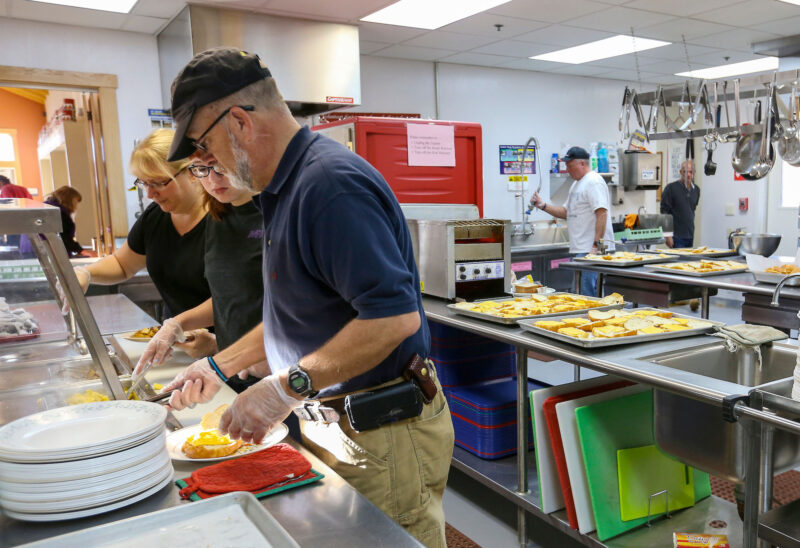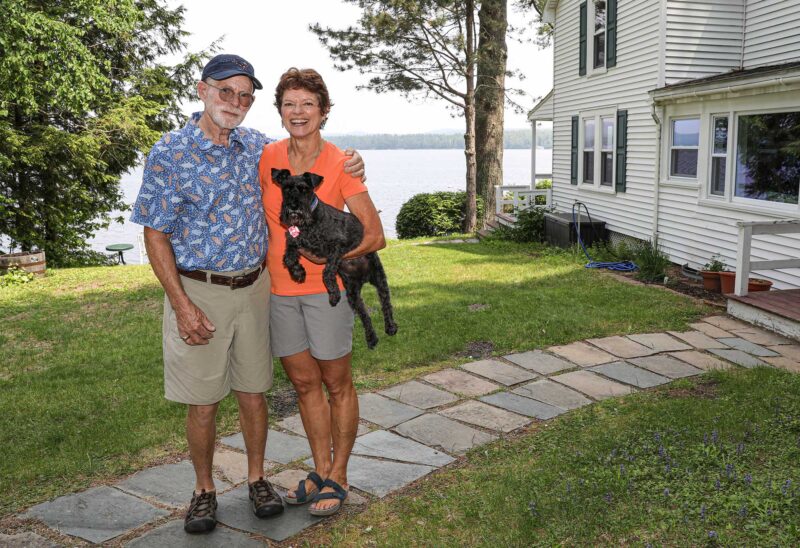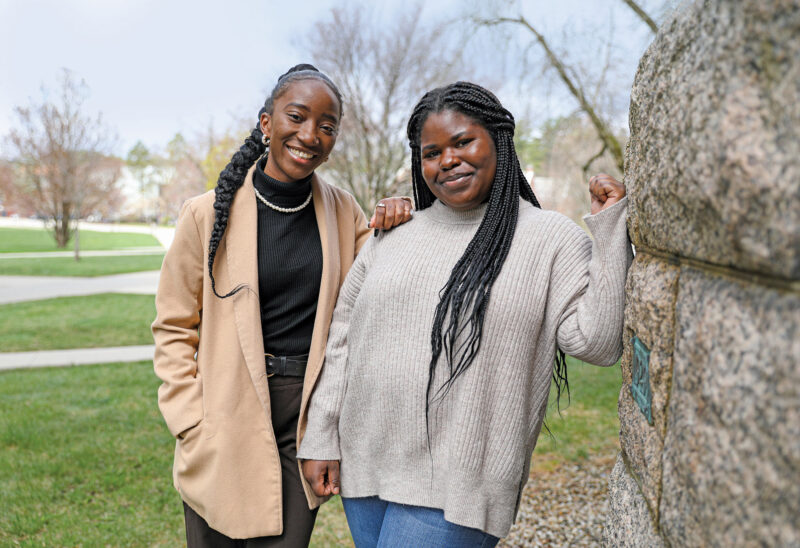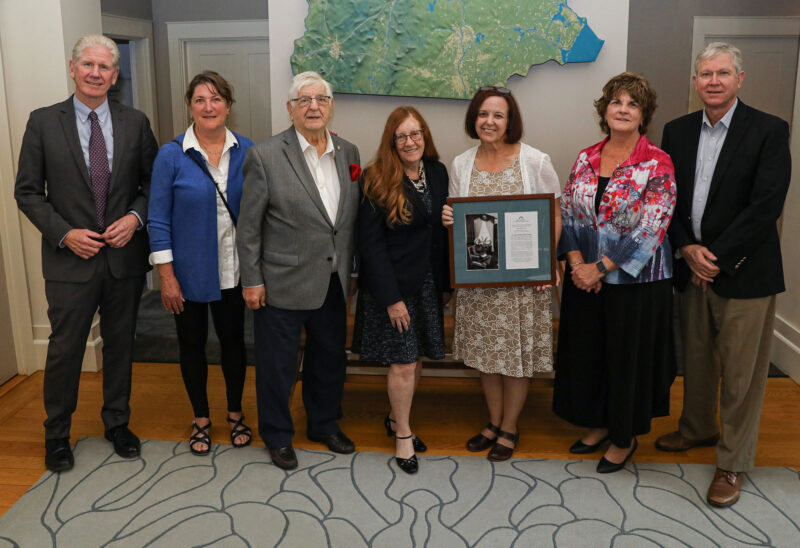Nancy and Paul Amato are New Englanders: They show up for their community and do the work that needs to be done.
Nancy has been town and school district moderator; Paul a longtime planning board member and former school board member. Nancy has served on the town select board and budget committee, has volunteered at the library and led Girl Scout troops. Both are longtime board members of the local Boys & Girls Club.
Before running a successful candle-making company, Paul was a volunteer fireman and EMT, and at various times cut wood and plowed snow to make money (“like everyone else in New Hampshire”).
When the Amatos sold the business, they found themselves in the position of being able to give resources to their community that included more than their time.
They decided on a donor-advised fund as a practical way to do their giving.
Before they established the fund, Paul said, their giving was less focused — “20 dollars here and 100 dollars there.” They wanted their giving to be more strategic, to have more of a lasting effect.
New Hampshire Charitable Foundation staff has worked with the Amatos and their financial advisor to tailor a giving strategy that is right for them.
“Part of that whole ‘forever’ is that you’ve got to start training the next generation.”Paul AmatoTweet This
The Amatos’ candle company was always a family enterprise: their daughters did everything from setting wicks to working the heat-sealing machine. So Paul and Nancy wanted them to have a hand in giving decisions as well.
“They worked hard to make the company a success — they’ve been working hard forever,” Nancy said.
And, Paul said, “We realized that, at some point in time, our daughters would need to take the fund over.”
Foundation staff met with the extended family, helping the younger generation focus giving priorities, learn how to select nonprofits to support and arrange site visits. The process “brought them into an interest in making grants that they didn’t even know they had,” Paul said. “I don’t think it’s a one-shot deal. It’s a stepping stone, and we’ll continue to work with the Foundation.”
The Amatos give their daughters authority to each recommend a set dollar amount of grants from the fund each year — and ask them to work together to decide on an additional grant as a group.
Nancy and Paul do all of their giving locally, most of it in Milford and surrounding communities. “We wanted to support the community that is good to us” — the place where Nancy grew up, where their kids were educated and where their company’s workforce came from.
One way they support their community is by supporting programs that help their community’s kids thrive and grow into the adults who will sustain their communities tomorrow.
They are longtime supporters of the Boys & Girls Club of Souhegan Valley.
It was a dreary day in March of 2004 when Nancy drove Paul to the site of a local theater where she had ushered as a teenager and that had since closed up shop. She told her husband they needed to get out and take a walk. He was perplexed.
“We’re going to buy the building and give it to the Boys & Girls Club,” she explained. They did.
And with can-do adaptability, this club made the existing theater — renovated with the Amatos’ help and named for them — the centerpiece of its programming. It is one of the only Boys & Girls Clubs in the country with a primary focus on performing arts.
The effect of that generosity has a way of making itself apparent: One young man who grew up at the club and learned to do lighting for the theater now owns a company that does just that. Last summer, a young woman who had been a “club kid” came rushing up to the Amatos at the Foundation’s annual meeting. She works now at a nonprofit focused on prevention of substance use disorders. “If you hadn’t done what you did,” to support the Boys & Girls Club, she told them, “I wouldn’t be doing what I do now!”
Nancy and Paul like the idea that, through endowed philanthropy at their community foundation, they can give now and also have their fund support their community forever.
“Part of that whole ‘forever,’” Paul said, “is that you’ve got to start training the next generation.”
They are looking forward to finding ways to involve their grandchildren, to pass on the idea that you take the resources you have — your time, your expertise and goodwill, your money — and do the work your community needs done.
“That’s what you do,” Paul said. “You give back.”

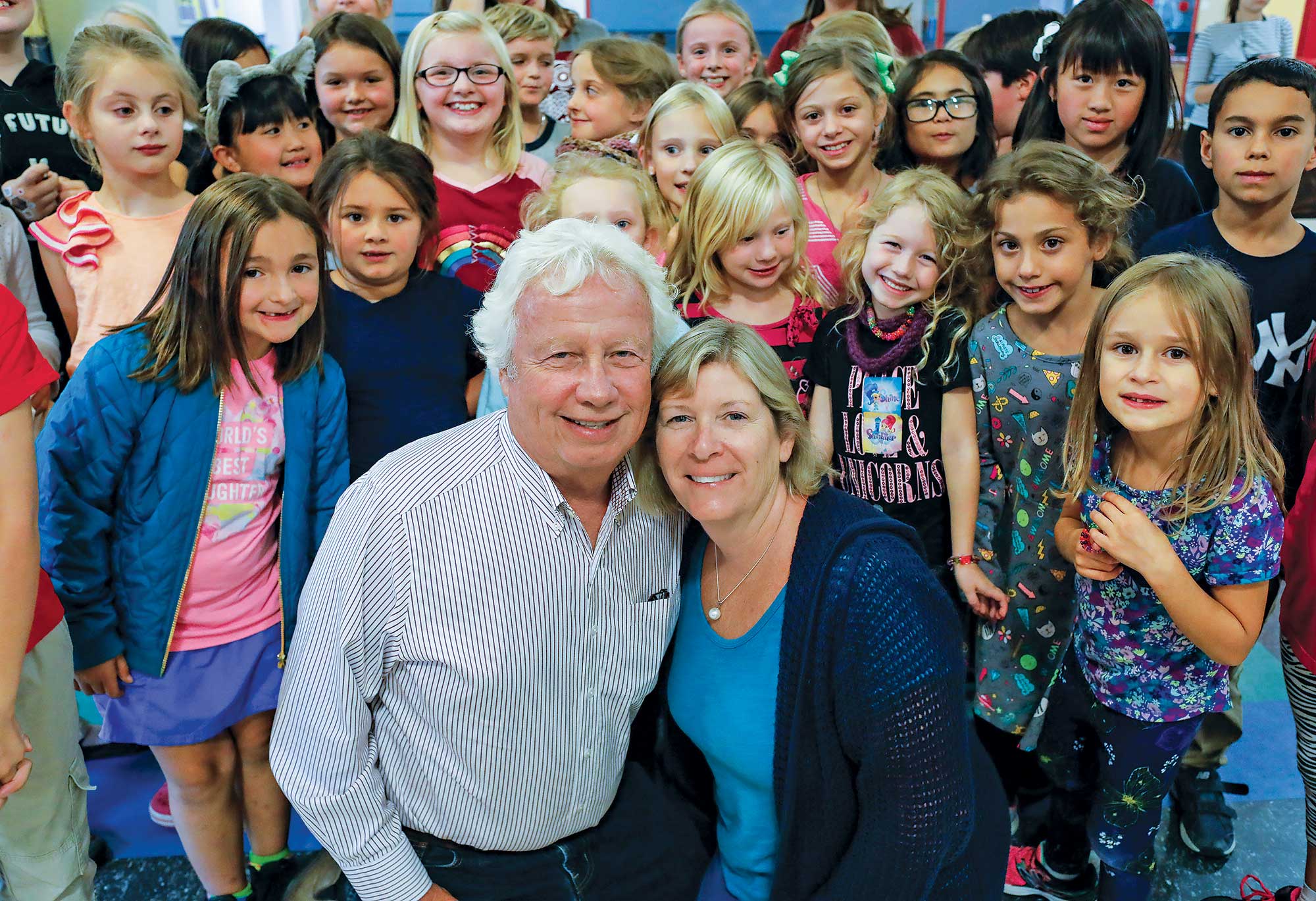






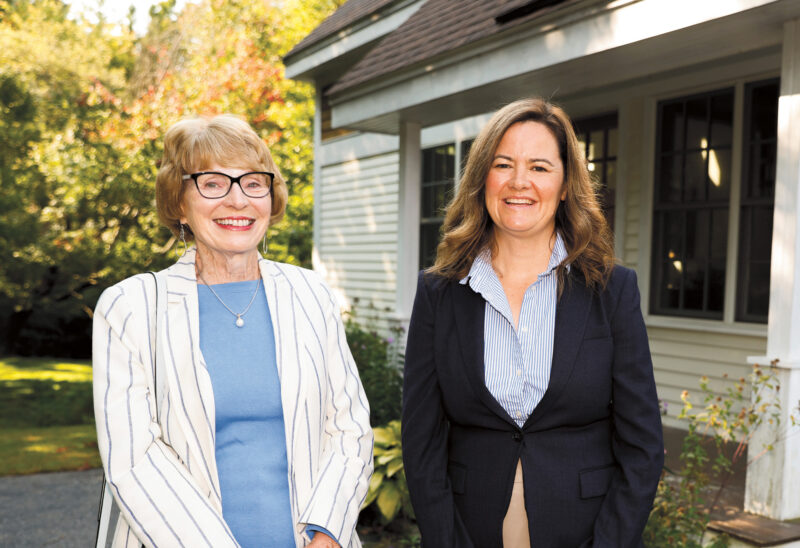

![Oluwakemi Olokunboyo of Dover received a McNabb scholarship to study nursing at Great Bay Community College [Photo by Cheryl Senter]](https://www.nhcf.org/wp-content/uploads/2024/05/Scholarship-Hero-800x548.jpg)
![Indrika Arnold, Senior Wealth Advisor, the Colony Group [Photo by Cheryl Senter]](https://www.nhcf.org/wp-content/uploads/2024/05/Indrika-Arnold-Hero-800x534.jpg)

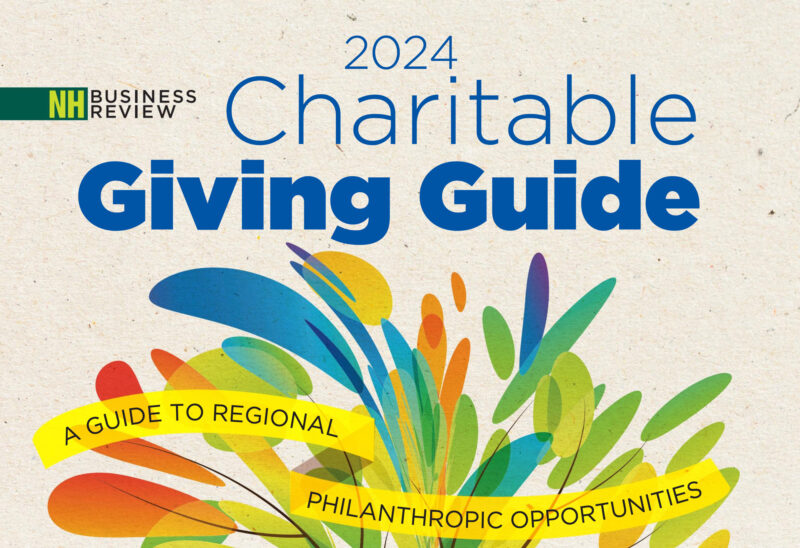
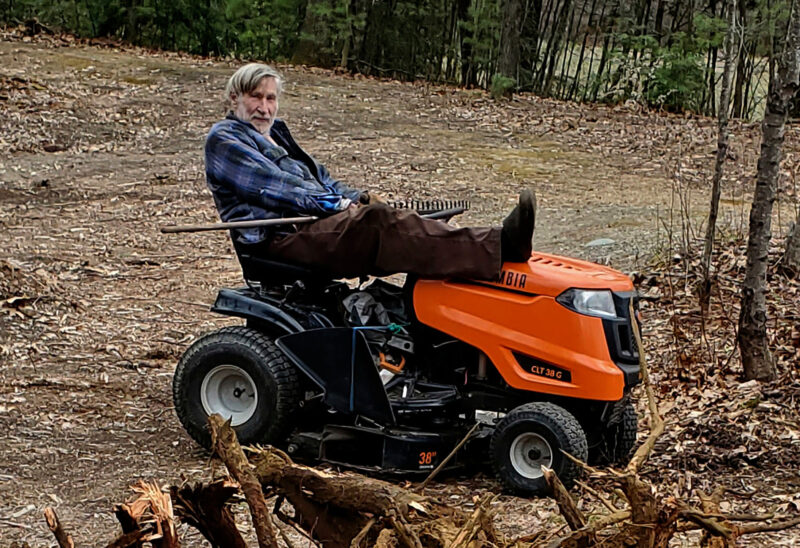
![Charitable Foundation President Dick Ober [Photo by Cheryl Senter]](https://www.nhcf.org/wp-content/uploads/2023/12/dick-ober-purpose-fall-winter-2023-800x548.jpg)
